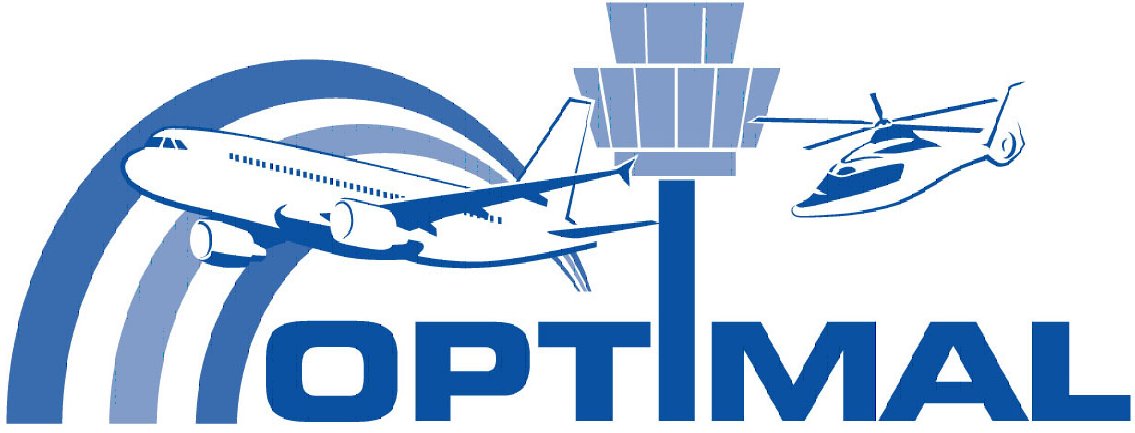| |
||||||||||
| FLIGHT SCIENCE AND TECHNOLOGY | ||||||||||
| The Department of Engineering | Flight Science and Technology Group | OPTIMAL | ||||||||||
|
|
||||||||||
|
OPTIMAL Optimized
Procedures and Techniques
for The OPTIMAL project is part of the European Commission Framework 6 Programme. It is an Integrated Project (IP) covering a wide range of technical areas through a consortium of 24 partners. The OPTIMAL project is an air-ground cooperative program that is aiming to define and validate innovative approach and landing procedures for fixed and rotary wing aircraft in a pre-operational environment. The need for these developments is identified by ICAO forecasts of 5% growth per annum of world air traffic. This estimate is likely to be conservative for the European theatre of operations. Taking into account the variations in growth in the types of traffic (i.e. commuter over long-haul), it is a reasonable prediction to expect European air traffic to triple over the 2002-2020 timeframe. The impact of this will be increasing airport congestion and the associated safety, efficiency and environmental effects unless additional measures are taken. In response, it is required that a re-design of the airspace structure, division, categorisation and the Air Traffic Management (ATM) procedures be proposed that use the improved aircraft performance and new navigation technologies/capabilities. This will be achieved through the use of a wider range of novel trajectories and new procedures for air traffic controllers as well as new guidance systems. OPTIMAL will develop new tools to support the controller who will deal with fixed-wing and rotorcraft approaching on different (e.g. curved) trajectories simultaneously. Overall the expected outcomes of the project will be a validated set of approach and landing procedures, support systems and technologies achievable from 2010 as one part of a first step to the ACARE 2020 vision. These outputs will contribute to the following key objectives in FP6 in the aeronautical domain.
The new innovations from OPTIMAL will include:
|
Links |
|||||||||

